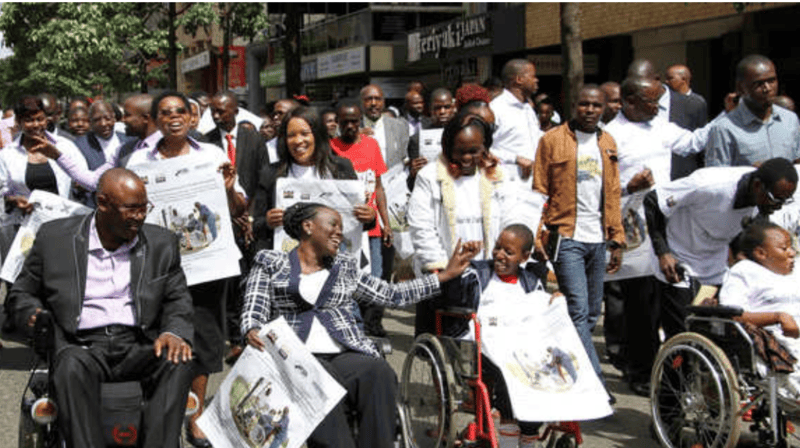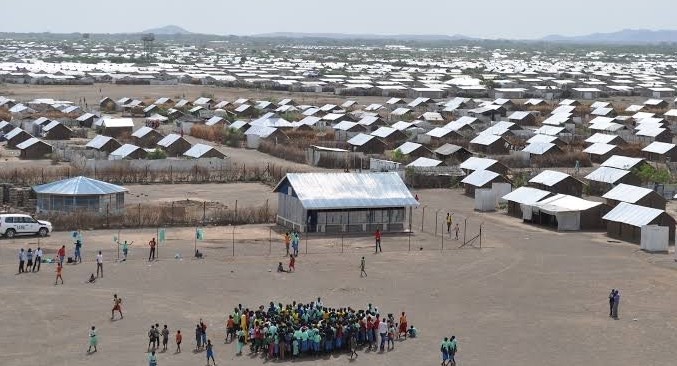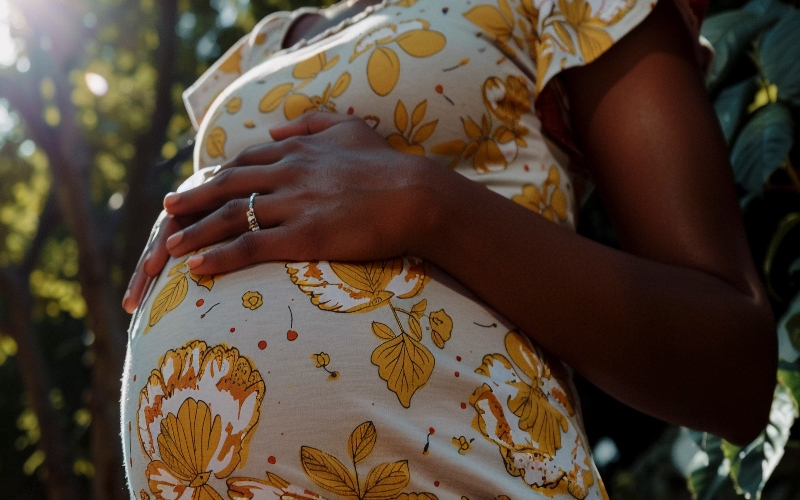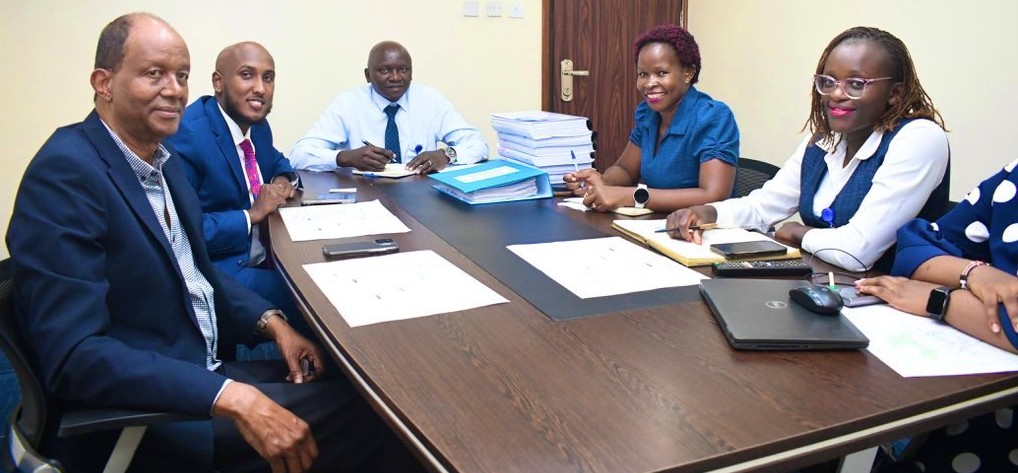Closure of children’s homes risks worsening child homelessness, Senators say
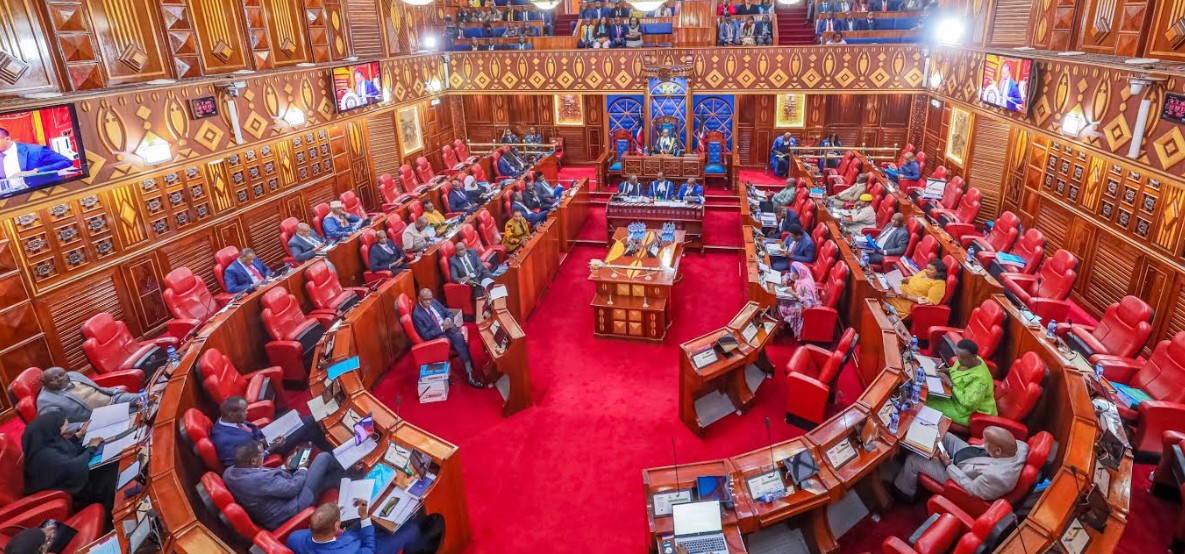
Last week, the national government announced plans to gradually transition from institutional care and begin integrating abandoned and orphaned children into local communities and families. The approach mirrors foster care systems implemented in many Western countries.
Senators have warned that vulnerable children could be pushed further into hardship if the government proceeds with its plan to shut down children’s homes without first addressing the root causes of homelessness.
The legislators criticised the move by the national government to phase out all privately-run children’s homes and orphanages as part of child care reforms being spearheaded by the National Council for Children Services (NCCS).
More To Read
- Senate begins two-day plenary impeachment trial for Nyamira governor Nyaribo
- Kenya moves to end power shortages and lower electricity costs
- Gachagua, governors, and MPs under probe by NCIC for inflammatory statements
- Outgoing NCIC faces scrutiny over last-minute recruitment of 22 staff
- Government to reunite 44,000 children in private orphanages with their families by 2032
- CS Wandayi, senators clash over county wayleave fees in Energy Bill debate
The reforms aim to transition from institutional care to family and community-based care, including options like foster care, guardianship and adoption. They argued that the government must first deal with the increasing number of homeless people across the country before implementing such a significant policy shift.
Nominated Senator Esther Okenyuri urged President William Ruto’s administration to establish more shelters and safe spaces to accommodate homeless children and vulnerable groups. She said such facilities would provide temporary and transitional housing to cushion those affected.
“There is an urgent need for temporary and transitional housing for these individuals. Has the Ministry of Labour and Social Protection developed and implemented, in partnership with the relevant stakeholders, a comprehensive national policy framework for rehabilitation, reintegration and empowerment of homeless children and vulnerable mothers?” she posed.
She further asked the Senate’s Labour and Social Welfare Committee to launch an inquiry to determine whether a multi-agency framework exists to promote collaboration between government agencies, civil society organisations and development partners in tackling the root causes of homelessness.
The inquiry, she added, should also include input from county governments through their social welfare and child protection departments to assess whether they have in place adequate rescue and support services.
“We want to know whether counties have put in place rescue and support services such as counselling, education, vocational training and healthcare for street children and vulnerable groups,” she said.
“The committee should also tell us whether there are adequate budgetary allocations made for the construction, staffing and maintenance of these shelters to ensure sustainability and efficiency in service delivery.”
Murang’a Senator Joe Nyutu stressed that the government should not only propose solutions but also take concrete steps to resolve the factors that lead to child homelessness.
“The government should not only focus on solutions, but also address the root cause of homelessness if this shift in policy is to succeed,” Nyutu said.
He urged the state to consider reserving units from its affordable housing programme to accommodate homeless individuals.
“How will we ever see to it that homeless people get homes if we are constructing houses in the name of affordable housing through overtaxing people while selling the same?” he posed.
Kisii Senator Richard Onyonka echoed his sentiments, supporting the proposal to allocate affordable housing units to some of the homeless population.
Last week, the national government announced plans to gradually transition from institutional care and begin integrating abandoned and orphaned children into local communities and families. The approach mirrors foster care systems implemented in many Western countries.
In a statement, NCCS Chief Executive Officer Adanoor Mohammed said the shift would help repurpose existing residential facilities and redirect resources to support family and community-based care. He said the key pillars of the strategy include prevention of separation, family strengthening and expansion of alternative care models such as foster care, guardianship, and adoption.
Kenya made an international commitment to move away from institutional child care during the 2024 Global Ministerial Conference on Children.
The government pledged to transition at least 70 per cent of children in institutional care into family and community-based environments by the year 2027, with the aim of strengthening families and ensuring that all children grow up in nurturing homes.
Top Stories Today







